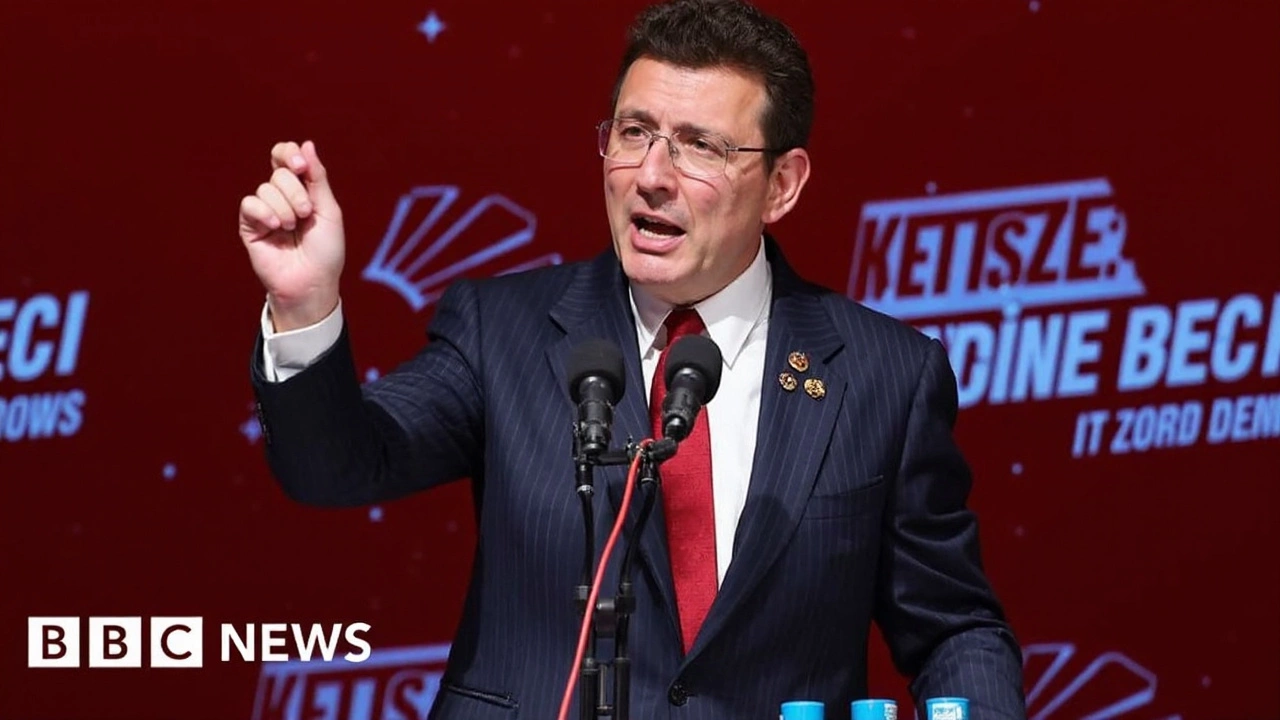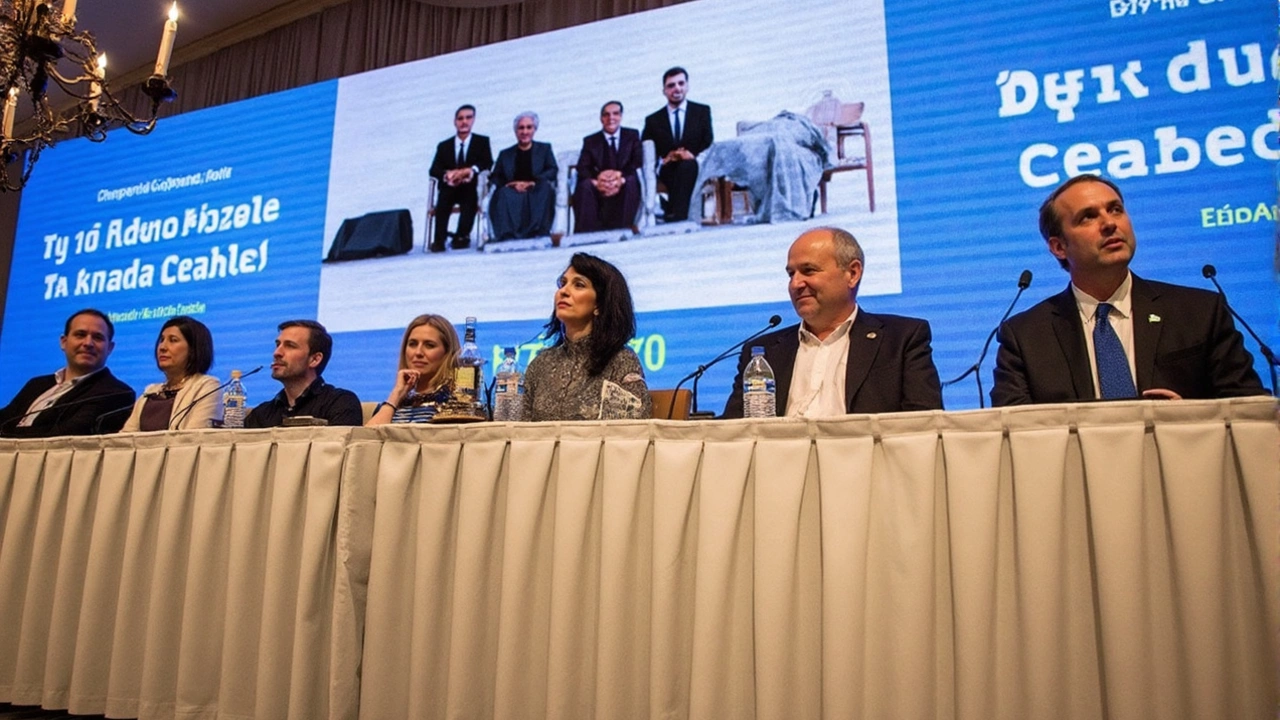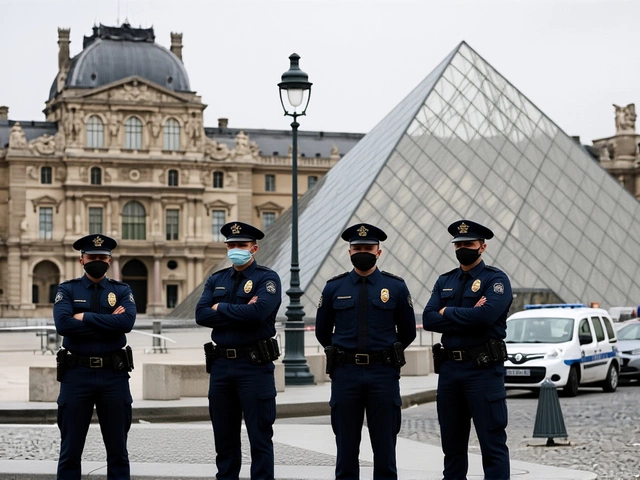Öcalan's Landmark Disarmament Proposal
In a move resonating like a political earthquake, Abdullah Öcalan, the imprisoned leader of the Kurdistan Workers' Party (PKK), recently urged his followers to disarm, dissolve the organization, and integrate into the Turkish state. Delivered on February 27, 2025, this announcement could mark a pivotal moment, potentially concluding a long-standing armed conflict that has left more than 40,000 people dead and significantly influenced the region's geopolitical landscape.
Öcalan's statement goes beyond mere disarmament. He declared that the PKK's longstanding ideological stance has become obsolete, emphasizing a shared vision between Turks and Kurds to counteract external hegemonic powers. This narrative aligns closely with the Turkish government's official stance, paving the way for unity and collaboration.

Political and Regional Implications
The roots of this call trace back to clandestine negotiations with Turkish officials. This dialogue reflects a chance for democratic reconciliation and possible constitutional changes. Türkiye's President, Recep Tayyip Erdoğan, and his ally Devlet Bahçeli see this as a 'historic opportunity,' strategically framed to diminish the PKK's capabilities while fortifying nationalist backing. Erdoğan's approach might involve leveraging Kurdish reconciliation to bypass electoral hurdles, potentially through early elections or constitutional amendments.
The repercussions of the PKK's potential disarmament are far-reaching, notably influencing Türkiye's relations with neighboring Syria and Iraq. The focus is particularly on groups like the Syrian Democratic Forces (SDF) and People’s Protection Units (YPG), which Ankara views as extensions of the PKK. A peaceful resolution might lessen the frequency of cross-border military incursions and strengthen Türkiye's cooperation with the United States.
Despite these prospects, significant obstacles remain. Certain factions within the PKK might resist the call to disarm, leading to the emergence of splinter groups that could continue the cycle of violence. The international community, particularly entities acting as guarantors, plays a crucial role in balancing power dynamics and ensuring fair treatment of Kurdish political entities within Türkiye.
Historical instances like the failed 2013-2015 peace process and the 1998 Washington Agreement in Iraqi Kurdistan offer lessons. They underscore the importance of institutional intervention to manage discord and embed reforms. The success of this initiative ultimately depends on Türkiye's commitment to implementing democratic changes and earnestly addressing longstanding Kurdish grievances. Meanwhile, external powers such as the US and EU might utilize this opportunity to advocate for constitutional adjustments and support the peace process.





